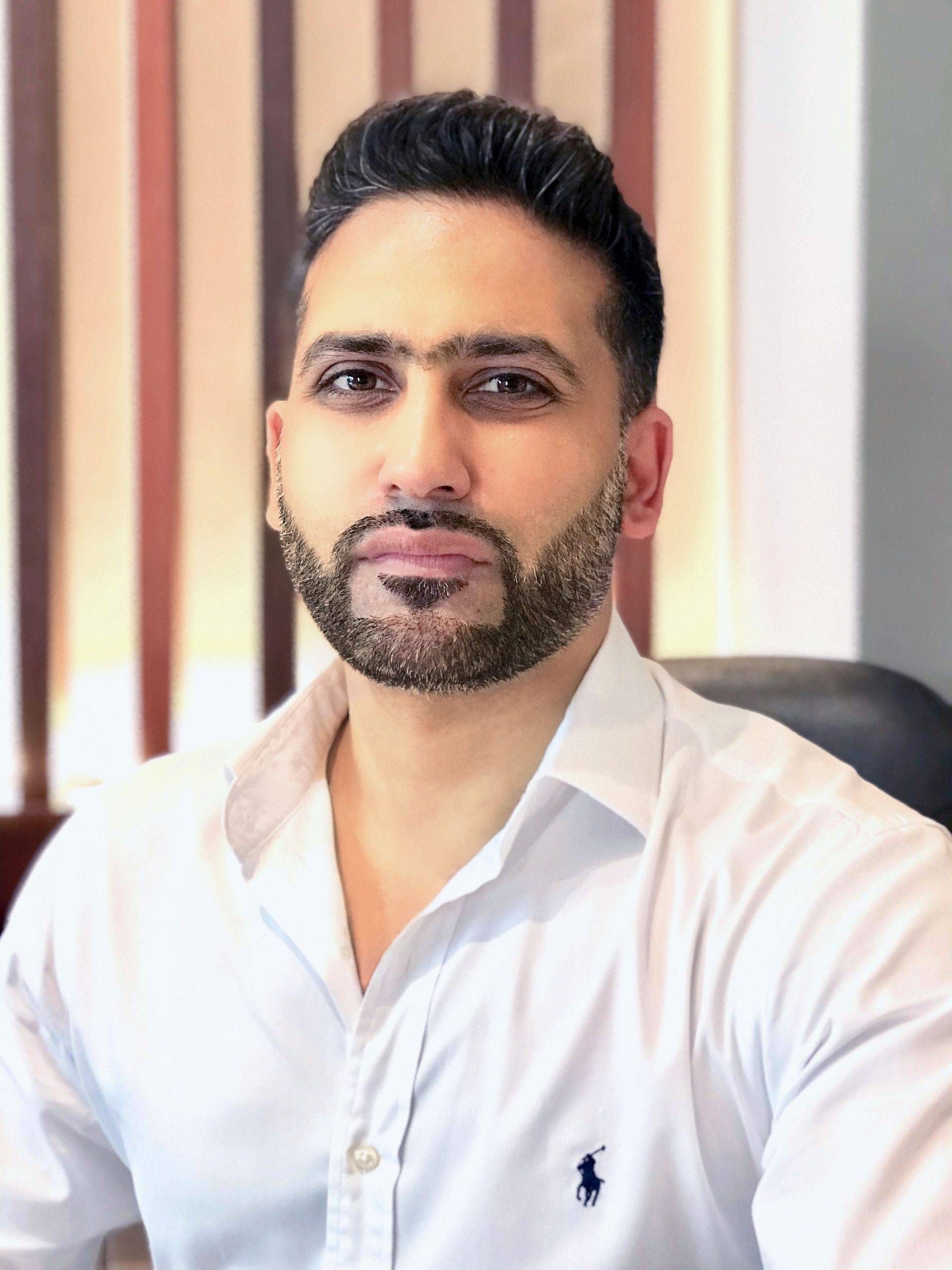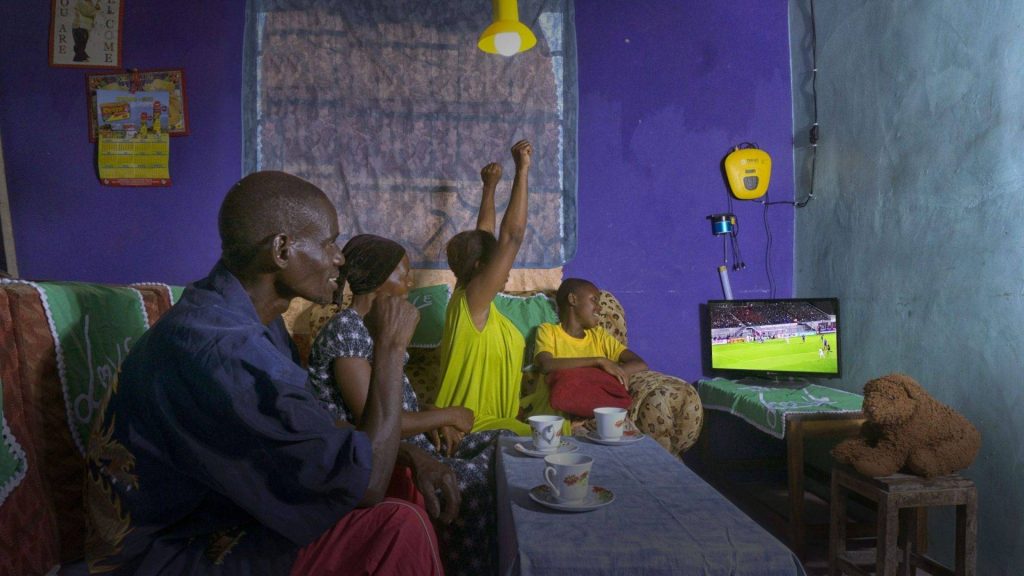Within Africa’s Energy Space Where Capacity Building Is Austere And Venture Backing Isn’t The Grand Solve

The renewable energy narrative in Africa has been nothing short of interesting – especially for Sub-Saharan Africa. In the region, access to electricity is almost next to nothing, prompting the establishment of a variety of cleantech initiatives.
One recent proof that the industry is gaining momentum is a mega raise by one of the best-known solar energy firms in Nigeria. Yesterday, Rensource Energy proved itself to be a rainmaker for early-stage capital by raising USD 20 Mn in Series A. The funding round marks the largest investment ever made into a renewable energy firm in Nigeria.
Even with small and medium-scale enterprises at the focus of its initiative, Rensource is in the league of firms on the continent who need to triple down on a lot of fronts to make things work. Setting up, launching and scaling a renewable energy firm is tough stuff, and there are a lot of indications that make it so.
Capacity Building
Technical assistance is currently lacking in the off-grid energy ecosystem of Africa. Firms operating in the space need tailored solutions to meet their ever-changing needs and to stay in the game. Inside the continent’s energy space, capacity building is austere as the business is not just what everyone can afford.
Irfan Mirza, Founder and CEO of Trend Solar – a Tanzania-based renewable energy firm – admits that the high touch business model of solar firms make them very different to manage compared to conventional tech companies.
In an interview with WeeTracker, the cleantech entrepreneur explained that creating and scaling such businesses is Africa is not a game for the fainthearted.
“Conventional startups operating in Africa, like Uber, leverage on convenience. Fintechs, agritechs, edtechs and other tech companies too, are not selling a tangible product. Majority of them are selling a service or concept that they make more efficient.
PAYGO firms have to constantly ensure that our (physical) offerings on the go. The intensive nature of the model makes us want to ensure that our supply chain needs to be functional, and we have also have to finance all these,” he said.

To build capacity, the high-touch business models of solar firms greatly need significant support, but there is a massive void in the sector at present. Irfan, who was in China at the time of the interview, said he has to travel to the country about every six months to ensure the supply chain of solar panels and batteries for Trend Solar is on track.
Irfan has traveled to most parts of the country, including Nigeria where he noticed the hunger for renewable energy is on a more substantial level. Though born in the U.K, he plies mostly East Africa and other international countries to make sure the cleantech business’ inventory and mainstay continues to see the light of day.
To explain the comparison between tech startups and renewable energy firms, Irfan’s allusion to Uber is apt. For the American big tech, it is a case of bringing what already exists together to create an impacting service. It is still the driver’s car and the passenger’s smartphone.
With the help of a mobile app, Uber is able to help people get to where they are going more conveniently and with professional chauffeur assistance. But solar firms afford something entirely different, as they are pushing tangible, buyable products.
More Serious Than Noticed
He reveals that there is scarcity in the number of entrepreneurs who know how to run a solar firm in the continent.
“A CFO or co-founder from a firm in Wall Street could not possibly know everything about running and building capacity for a firm like BBOXX in downtown Nairobi. In fact, things are much more serious to get used to in places like Lagos, Nigeria, where setting up a business is much harder”.
Most solar firms have to deliver their products to areas that have not been served before. Hence, the term “last mile distribution”. To put this into perspective, DHL – the most experienced logistics company in Africa – can penetrate certain areas, but do not go as far as solar companies do. Serving rural households is often at the core of these business models.
If you’ve read articles about power in Africa before now, chances are you do not want to see those numbers again. The millions have become quite familiar that people use them in every renewable energy read or panel discussion related to electrification.
Sometimes, because the statistic has been frequented, it could blow over the audience like some overused banality. But, for records, it’s about 600 million people, most of which are residing in ruralities.
So, imagine serving all these people, reaching areas that may be able to count the amount of times they have seen a lightbulb on. No one thinks about last mile distribution in Africa as much as solar companies. The firms need to understand the barriers and the landscape on which the business is operating.
On why Tanzania was the choice of HQ for Solar Trend, Irfan lauded the efforts the administration of President John Magufuli has made to make the country a forgiving place for business. A former Minister of Works, he does not show relent in making huge policy changes to turn the economy round for the better.
“For policy regulation, Tanzania is favorable for us. The country may have to go through fire to emerge as gold on the other side. But good change hurts. Now, the East African nation is developing, corruption is cut down and the job creation has never looked so promising. To reach other East African countries, we partner with reliable last-mile distributors.
That’s Why They Need So Much Money

By now, it is pretty much common knowledge that raising capital is onerous. But for solar firms, it is more like a full-time job. It is almost impossible for these companies to build capacity without external support. This could be another reason for the huge single rounds and funds dedicated to making the industry work.
Earlier in December, UK-registered charity platform, Shell Foundation, partnered with the Dutch entrepreneurial development bank to launch an Energy Entrepreneurs Growth Fund of USD 120 Mn. The initial close of USD 45 Mn is meant to provide “catalytic funding for early to growth stage companies in Sub-Saharan Africa operating in the energy space.
“To reach the UN Sustainable Development Goal 7 and deliver universal energy access, an additional 300+ companies will require funding of USD 10 Mn on average to become cashflow positive and grow to sufficient scale to deliver energy services to millions of consumers in sub-Saharan Africa,” said Sam Parker, Director, Shell Foundation.
Building capacity here is not only about funding. Finance must go alongside business support to growing companies and a supportive market environment.
Work also needs to be done to improve margins so many solar firms can reach a profitability status. In a 2017 report by the Shell Foundation, it was opined that capital is needed to connect off-grid households in Sub-Saharan Africa.
The survey, titled Capital Needs to Connect Off-Grid Households in Sub-Saharan Africa, showed that there is a mismatch with the current available balance. It discussed the financing gap between early and late stage capital, which proves to be a critical blocker to the growth of the cleantech sector.
“For early state companies, we need more patient grant, repayable grant, convertibles, to build a pipeline for the 278 deployments. This capital is increasingly scarce and is likely to require some form of syndication between foundations, strategic corporates, commercial investors, impact investors and DFIs to reach the quantum required,” the report said.
A survey carried out by GOGLA shows that 45 percent of solar companies agree that there is not enough funding for the further development of the off-grid solar sector. Nonetheless, the report which examined the top 5 trends in the off-grid solar energy industry, said 31 percent of the firms neither agreed nor disagreed.
The Right Capital
Shell Foundation is not the only platform to have launched considerable energy fund. Equally active in the space, SunFunder, in September 2019, closed a USD 85 Mn Solar Energy Transformation Fund.
The fund, which is in excess of USD 100 Mn so far, is meant to provide solar solutions to households in SSA and India. EletriFi too, in partnership with Dutch-but-S.A-based Solarworks!, signed to life a USD 4 Mn debt facility.
Another essential is that investors needs to have experience in the markets they are investing in. Shell Foundation, among others, is an example of an investor that knows the energy market well enough.
It is currently being chaired by Gail Klintworth, an avid supporter and expert of the renewable energy space. Trend Solar is currently in direct talks with the Shell Foundation in view of landing significant capital, Irfan discloses.
“Let’s say a funder from Silicon Valley decides to back an African energy venture. Once the ink is dry and the money is deployed, is that it? We need to have a different mix in our investors to help up build the kind of capacity we are looking for. The source of capital needs to be the right one, else we will not get the kind of (patient) support that we need”.
Trend does not just provide solar units, but also gives customer smartphones with data, which makes the service more funky. Unlike other players in the space – BBOXX, PEG Africa, Solarise Africa, the firm provides 5.0-inch 4G Android smartphones with inclusive data allowance every month. People can use the phone as a modem and connect to the internet.
In as much as there are a few differences in the business models of these firms, building capacity is austere and venture backing is resolute.